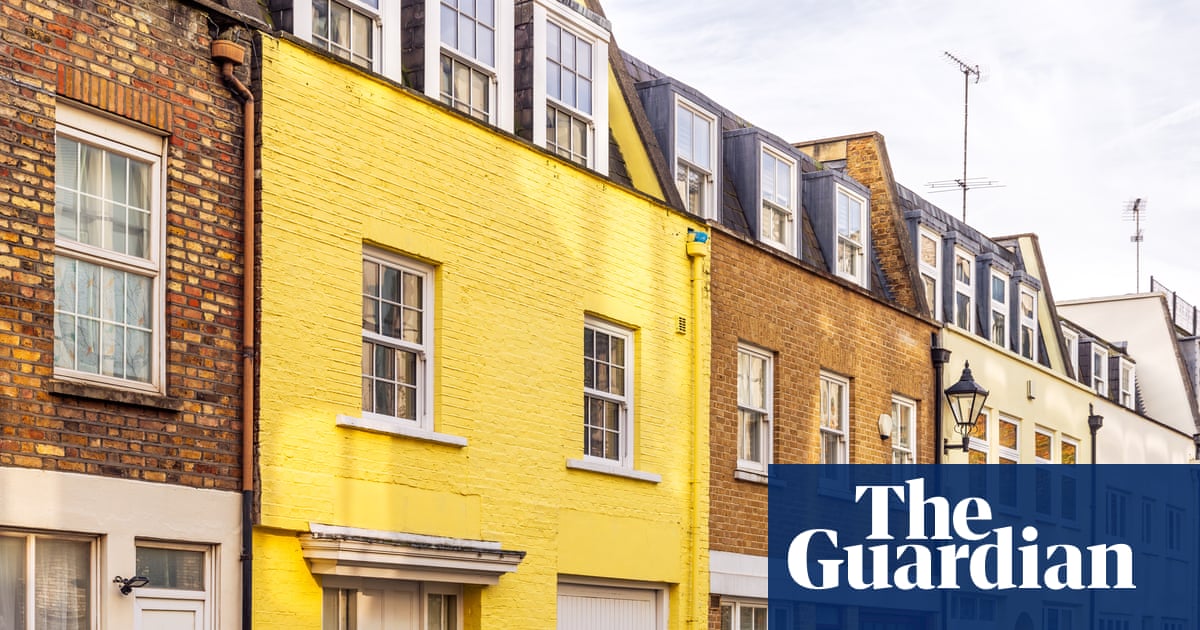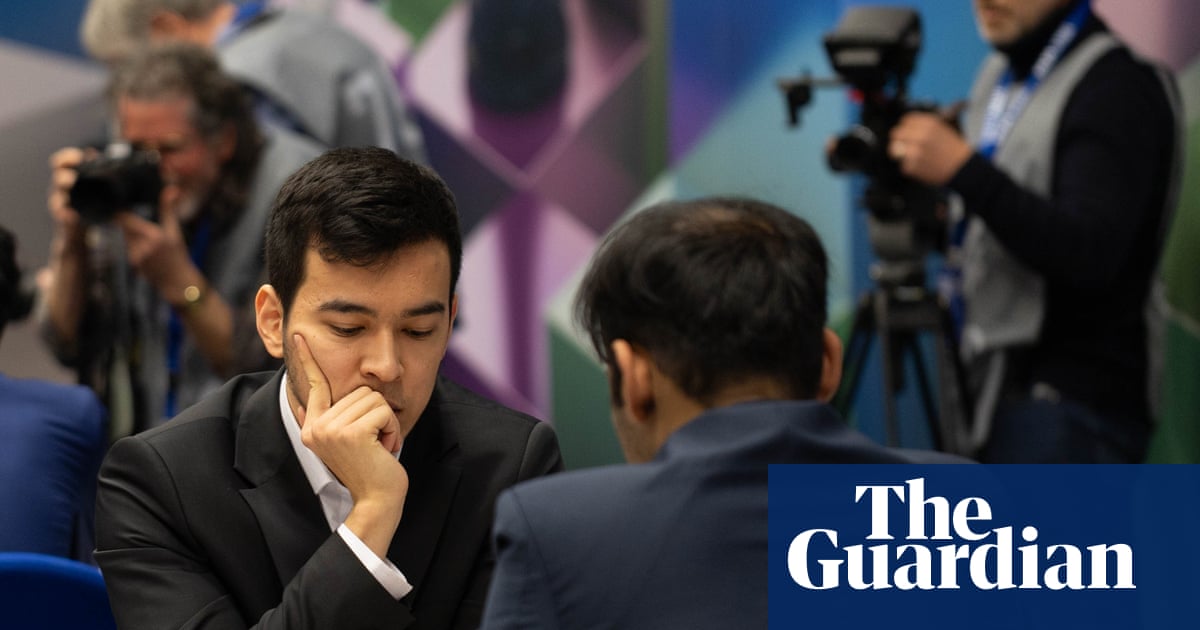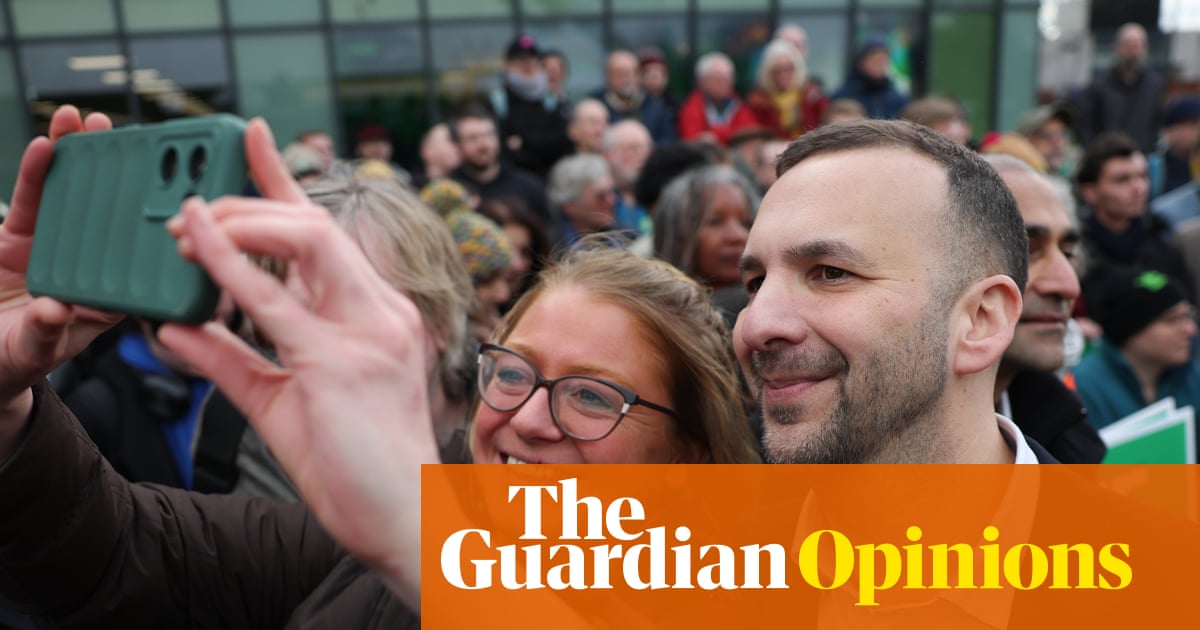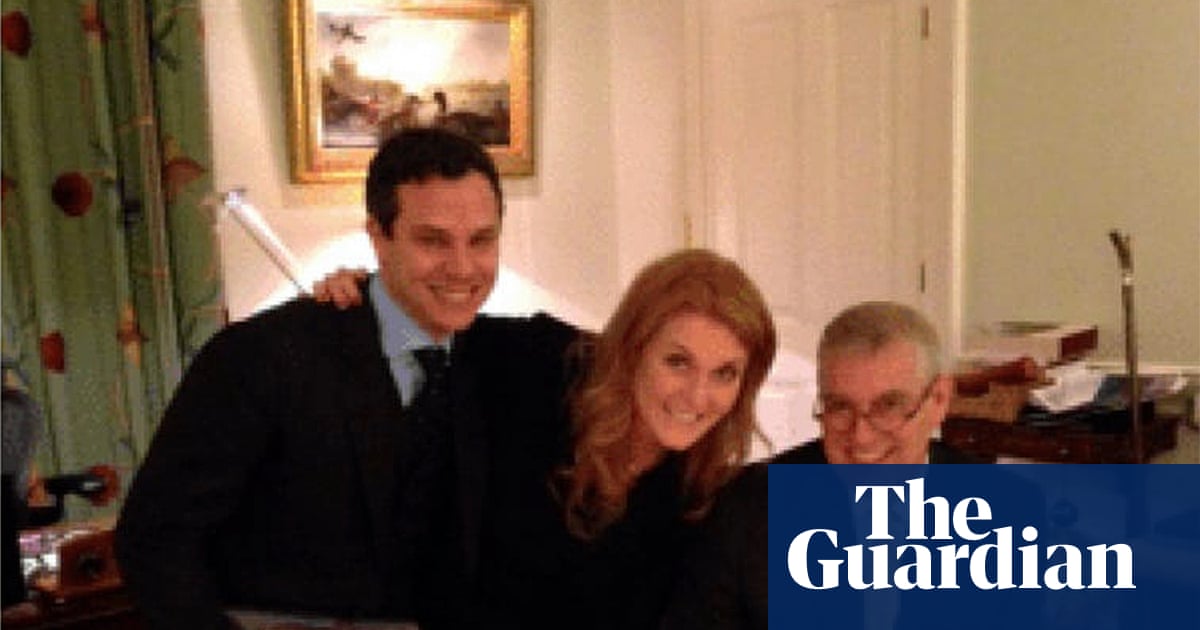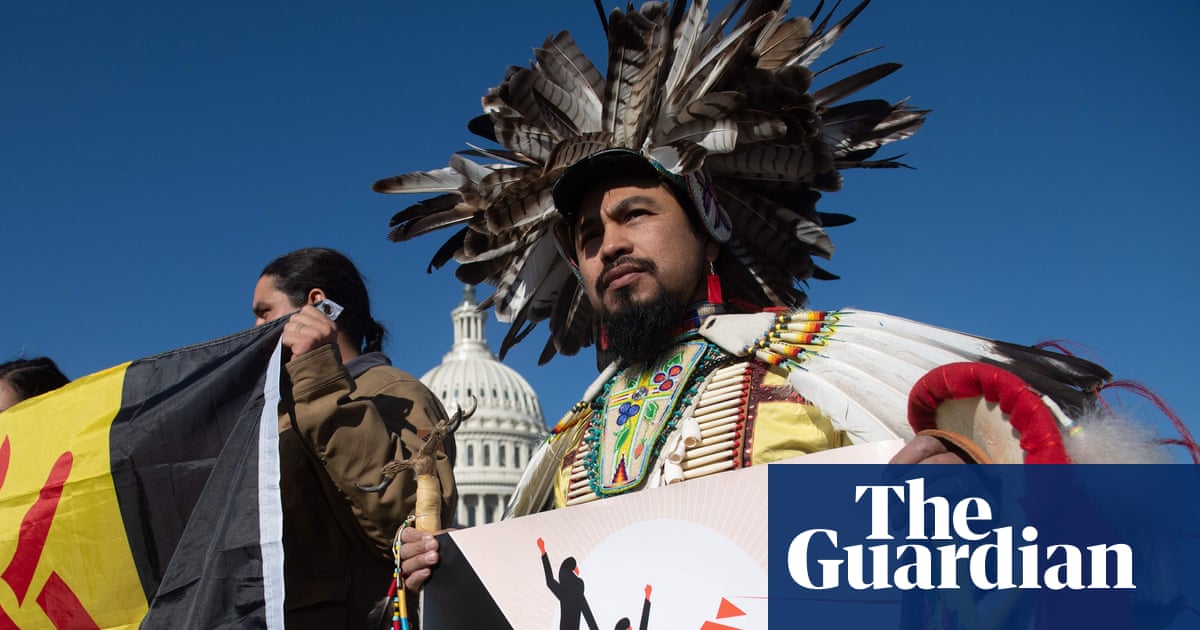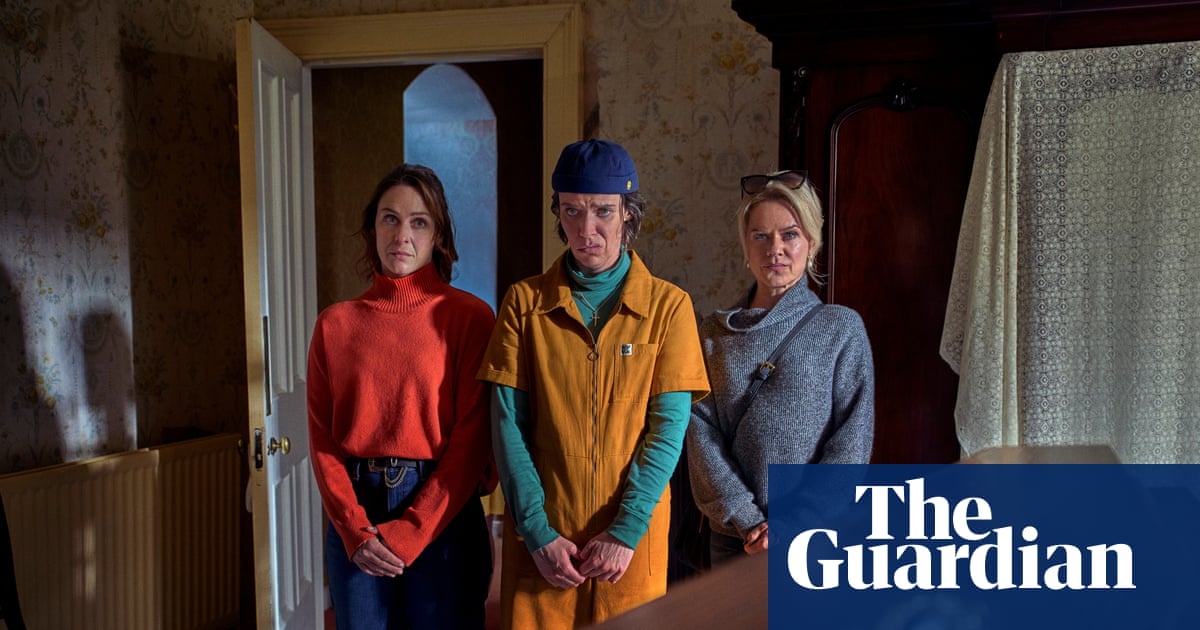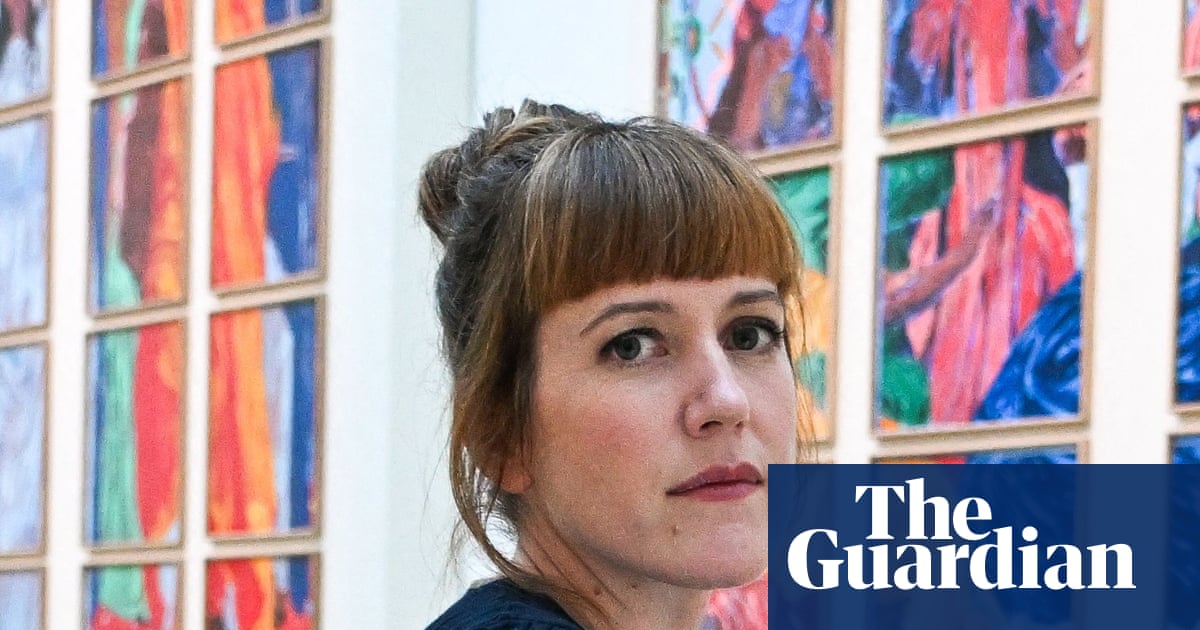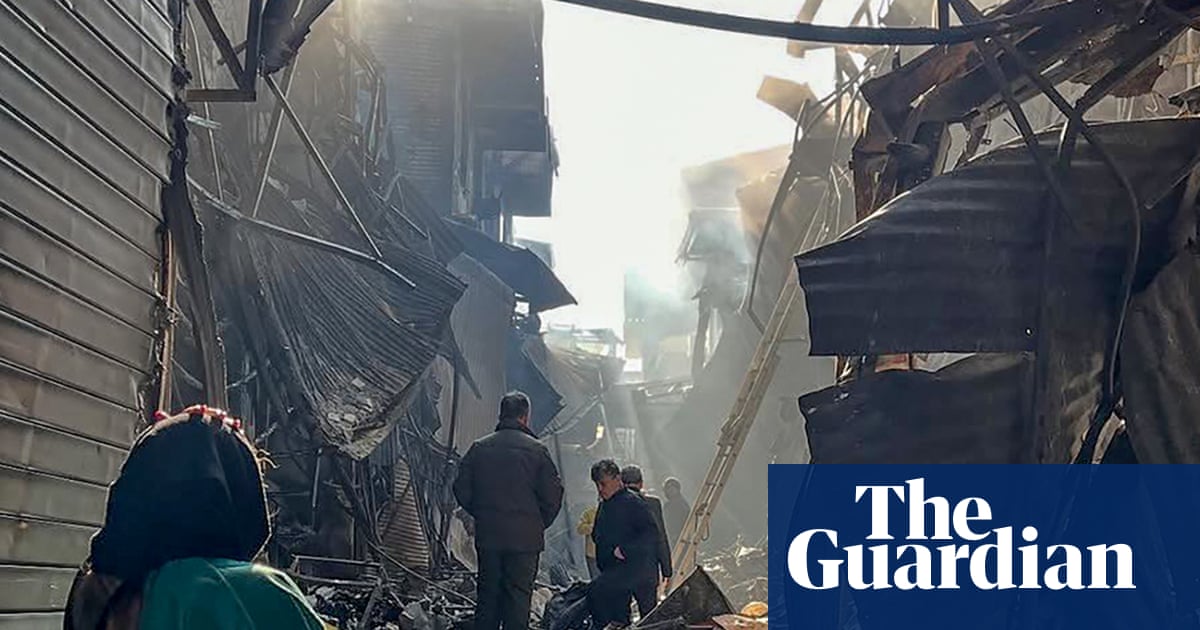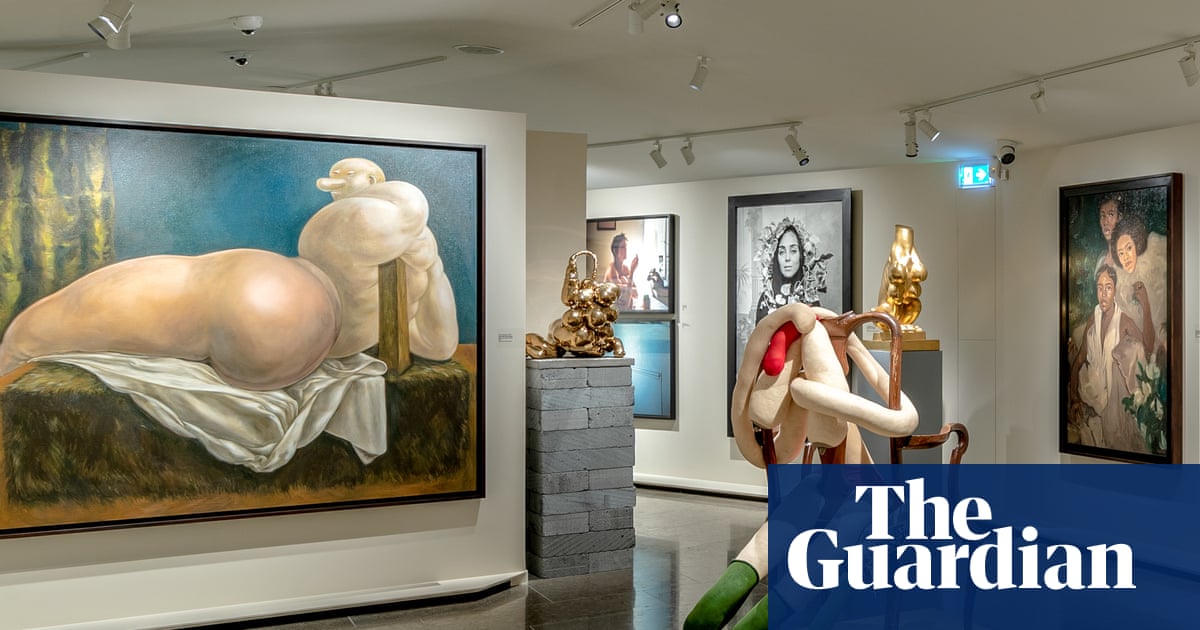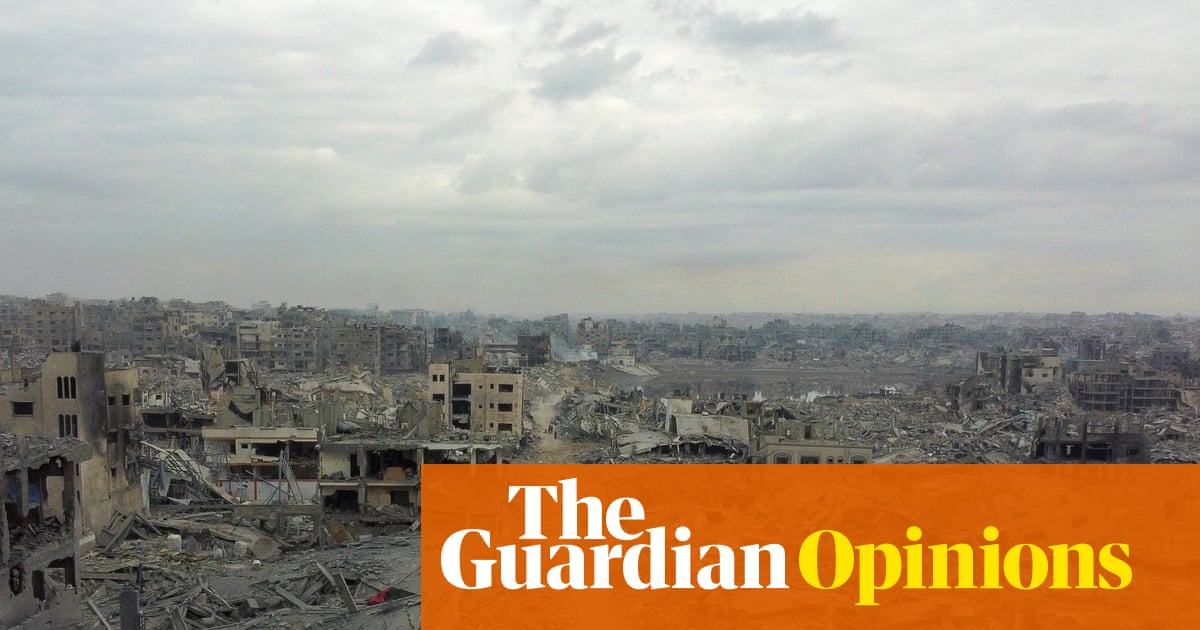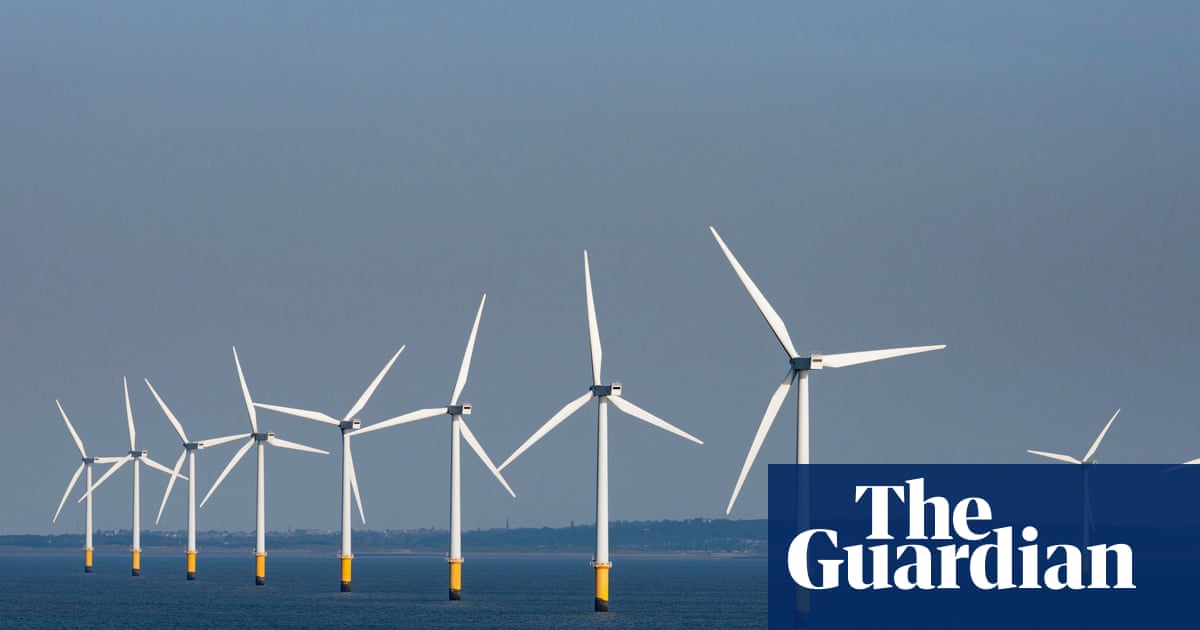You can’t be in the news business and avoid mistakes. That’s why responsible media organizations correct their errors and acknowledge them to the public. It’s why newsroom leaders take steps, internally, to repair broken processes. It’s why they sometimes go so far as to apologize or take stories down.
Some mistakes, of course, are worse than others. A misspelled name is one thing. Sustained coverage that is misleading or false is quite another. And there are plenty of gradations between those two poles.
The BBC’s error in a documentary film about Donald Trump was a serious one. During the editing, two clips of the president speaking to his riled-up crowd of followers in Washington were juxtaposed, even though there was nearly an hour between the two. The edited version could have made viewers believe Trump had made an unmistakable call for violence at the US Capitol that day. He did make inflammatory statements, of course, and he does bear significant responsibility for the riot at the Capitol that day, but he skirted the direct instruction that the film suggested.
So, yes, this was a bad mistake that was not adequately acknowledged or corrected when there was a chance to do so. That is something that calls for internal examination and external acknowledgment, some of which has occurred.
But the current aftermath of the long-ago error – the film was published last year before the US presidential election – is significantly out of proportion.
Trump, ever litigious, is threatening to sue the BBC for $1bn. His spokesperson, in discussing a highly critical leaked memo by a former BBC adviser, is taking the opportunity to unfairly trash the broadcaster as “100% fake news”.
And, shockingly, two top news executives at the esteemed public broadcasting outlet have resigned: they are the director general Tim Davie and the chief executive of BBC News Deborah Turness.
What’s more, in today’s polarized political world, the situation has thrown the BBC into something of an existential crisis, and some say its longterm survival is at stake. With the broadcaster’s coverage of the Gaza war and of transgender rights also under fire, some politicians are using the new controversy to urge British people to refuse to pay the license fee that funds the BBC.
That’s way out of whack. The BBC certainly has messed up, but as a news organization it remains essential, not just in the United Kingdom but in America and beyond. It deserves continued support; it certainly deserves to survive and thrive.
“You would never guess from the sometimes hysterical coverage of the past week that the BBC remains quite easily the most trusted news organization in the UK,” wrote former Guardian editor Alan Rusbridger in Prospect. The BBC is also extremely well regarded in America, he notes, “the second most trusted news source – just behind the Weather Channel”.
For Americans, this situation sounds all too familiar. Trump uses lawsuits (or threats of lawsuits) as a political weapon, a cudgel to encourage grievance and division, and a way to control the political message by undermining the reality-based press.
This practice long predates his two terms as president. In recent months, though, he has had significant success in suing media companies, drawing multimillion-dollar settlements over his complaints to news organizations including ABC News and CBS News. In both of those cases, legal experts and first amendment attorneys said the cases could have been successfully defended, and that settling was a regrettable form of capitulation.
“This is the Trump squeeze in action,” wrote CNN’s Brian Stelter, in describing the president’s demand letter to the BBC. It sets a deadline of this Friday afternoon for a retraction and compensation.
How should the BBC respond – beyond, of course, the stunning resignation of the two news leaders?
It should do what responsible and public-spirited news organizations always must do. It should fully acknowledge the error and it should be clear internally – and transparent externally – about what happened and how similar errors will be avoided in the future.
But it should also defend itself, in court, and to the public. And it should continue the wise practice of reporting on itself, as it did in BBC presenter Ros Atkins’s fair-minded piece published this week about what has happened; it gave important context on how political pressure has been building for a long time. This isn’t happening in a vacuum, but in a boiling-hot cauldron.
So yes, take all of those corrective actions.
But the broadcaster should not cave to Trump’s demands. Rather, it should follow the example of the New York Times and the Wall Street Journal in defending itself in court, if indeed a lawsuit materializes. (Trump’s threats, after all, don’t always come to fruition, but remain pure bluster.) Some legal experts say it’s not clear that such a suit is even possible given the international boundaries.
Mistakes happen in journalism; that’s inevitable. But even bad ones don’t negate the importance of a free and independent press, of which the BBC is a crucial part.
-
Margaret Sullivan is a Guardian US columnist writing on media, politics and culture

 2 months ago
96
2 months ago
96
